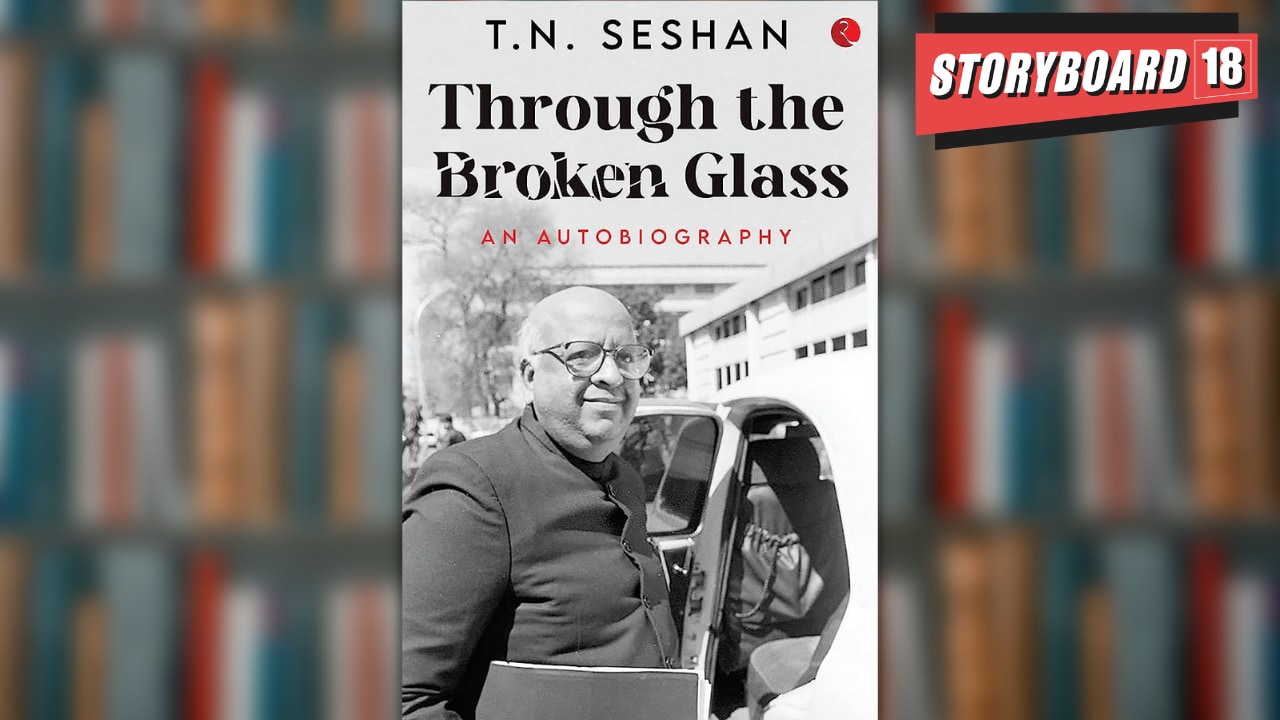Why do we get inked on the left forefinger after voting for the Lok Sabha elections? Because such an order was passed in 1996! Yes, elections are hard work.
And once upon a time, the fearsome TN Seshan was the man in-charge. In government service for close to four decades before he became the Central Election Commissioner (CEC), he shares that as an IAS officer, he was answerable to others even though he had reached the top of the ladder of civil service. However as the CEC, he was answerable to none except the Parliament, the laws and the courts. His goal was to abide by the constitution and the laws and pursue the goal of free and fair election. Neat!
Here are our BookStrapping insights.
On one occasion in Class 4, Seshan studied all night for an exam but blundered by submitting the question paper instead of the answer paper to the examiner. When he realised this later, he went back to submit the answer paper but the headmaster did not allow it. His mother calmly asked him to give up the habit of studying late into the night so he would be more ‘present’, an advise he followed religiously throughout his life.
There is a twinge of regret when Seshan mentions that the youngest of his sisters Janaki was stopped from going to college after matriculation! This was just after independence; a freedom that wasn’t protected!
There are some shocking electoral irregularities listed in the book- capturing candidates and leaving them stranded in the forest or locking them up in rooms so that they could not file nominations on time. This chapter is unputdownable!
There is a proper mention of his famous ‘polished call girl’ controversy in which he referred IAS officers as ‘constantly prostituting their position’. Seshan believes that even though he was quoted out of context, his remarks encouraged good debate.
The book discusses pertinent concerns about the conduct of political parties; do they function in accordance with their own party’s constitution? (the one they submit to the election commission at the time of registration.
Over twenty three tightly written chapters, the reader will get a good glimpse into the minutiae of running elections in a democracy; such as the evolution of the voter id, introduction of postal ballots and permissible election spendings. Also, the regret of knowing that whatever work he had done, could be undone in due course stayed with him. What kept his spirit alive was the faith that people would rise against misuse of authority and corruption!
He was India’s own Ramon Magsaysay Award winner whose phone did not stopped ringing till his last day! And he would pick it up himself!
Reeta Ramamurthy Gupta is a columnist and bestselling biographer. She is credited with the internationally acclaimed Red Dot Experiment, a decadal six-nation study on how ‘culture impacts communication.’
